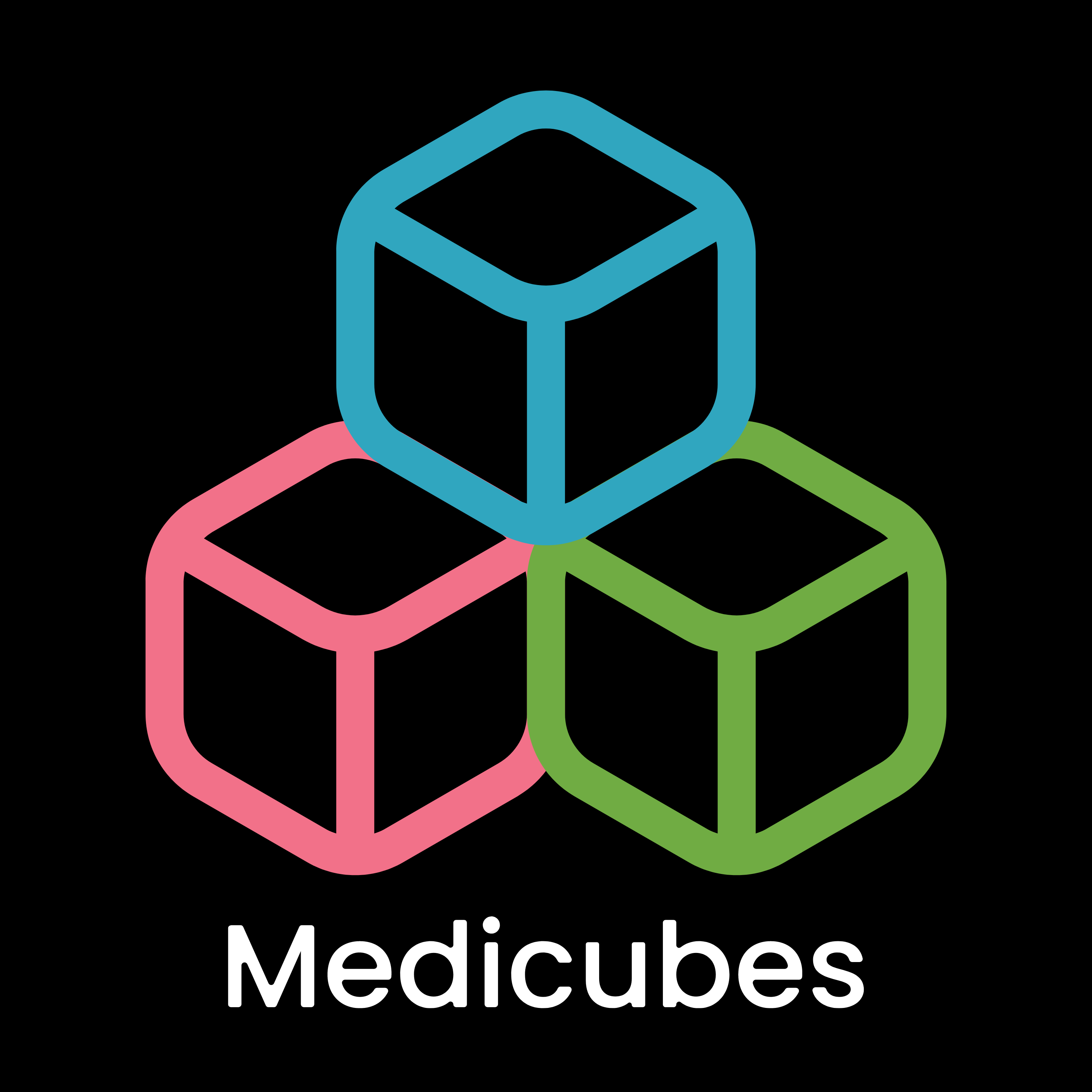Episode 18
Payroll Tax Fundamentals - Kelly Chard & Ben Ryan Part 2 of 2
In this episode of Medicubes, join Ben Ryan and Kelly Chard as they discuss the intricacies of payroll tax for GP clinics.
They cover how payroll tax affects medical practices in Australia and the recent crackdown by revenue offices on non-compliant practices. Hear real-world cases highlighting the importance of properly classifying doctors to not run into payroll tax pain later down the line.
This is part 2 of this mini-series on payroll tax. Jump back to episode 17 on this podcast feed for part 1.
Key Takeaways:
- Some medical practices have chosen to pay the payroll tax after the amnesty period based on their own interpretations.
- The incorporation of practitioners into specialised clinics is becoming a common strategy for providing services.
- The payroll tax discussion is prompting critical thinking and strategic planning for future business models.
- Practitioners express little enthusiasm for paying payroll tax in the traditional model.
- It is crucial to avoid a system where the practice manager or another individual retains control of funds.
- Implementing separate bank accounts for different types of transactions, such as third-party payments, can aid in tracking.
- A different mindset and reconciliation process are needed to effectively track payments and manage debtors.
- Various approaches exist for reconciliation, from manual checks to automated systems like Surgical Partners.
- Transferring funds from a central clearing account to individual practitioner accounts can lead to discrepancies.
- Choices must be made regarding working with doctors to manage their own funds or leaving it as a free-for-all.
- Checking service agreements for accuracy is a crucial task for accountants or bookkeepers.
- Common issues in service agreements include incorrect practice or doctor names and incorrect service fees.
- Poorly drafted agreements by inexperienced lawyers can have legal and commercial consequences.
- Change is expected in the healthcare system, necessitating a reevaluation of business models and engagement methods.
- The speaker highlights the negative impact of payroll tax and the need for focusing on business models and patient care.
- The direct flow of funds to doctors aligns with their business model, but challenges with visibility and reconciliation remain.
- Small practices can adapt to paying doctors directly, but larger practices may require new software solutions.
- The evolving situation may lead to potential rulings and changes in payroll technology, affecting how practices operate.
- Each practice needs to find its own path to maintain visibility for billing administration.
Remember this episode is not professional advice in any way. Please seek your own accounting and legal advice taking into account your own unique circumstances.



